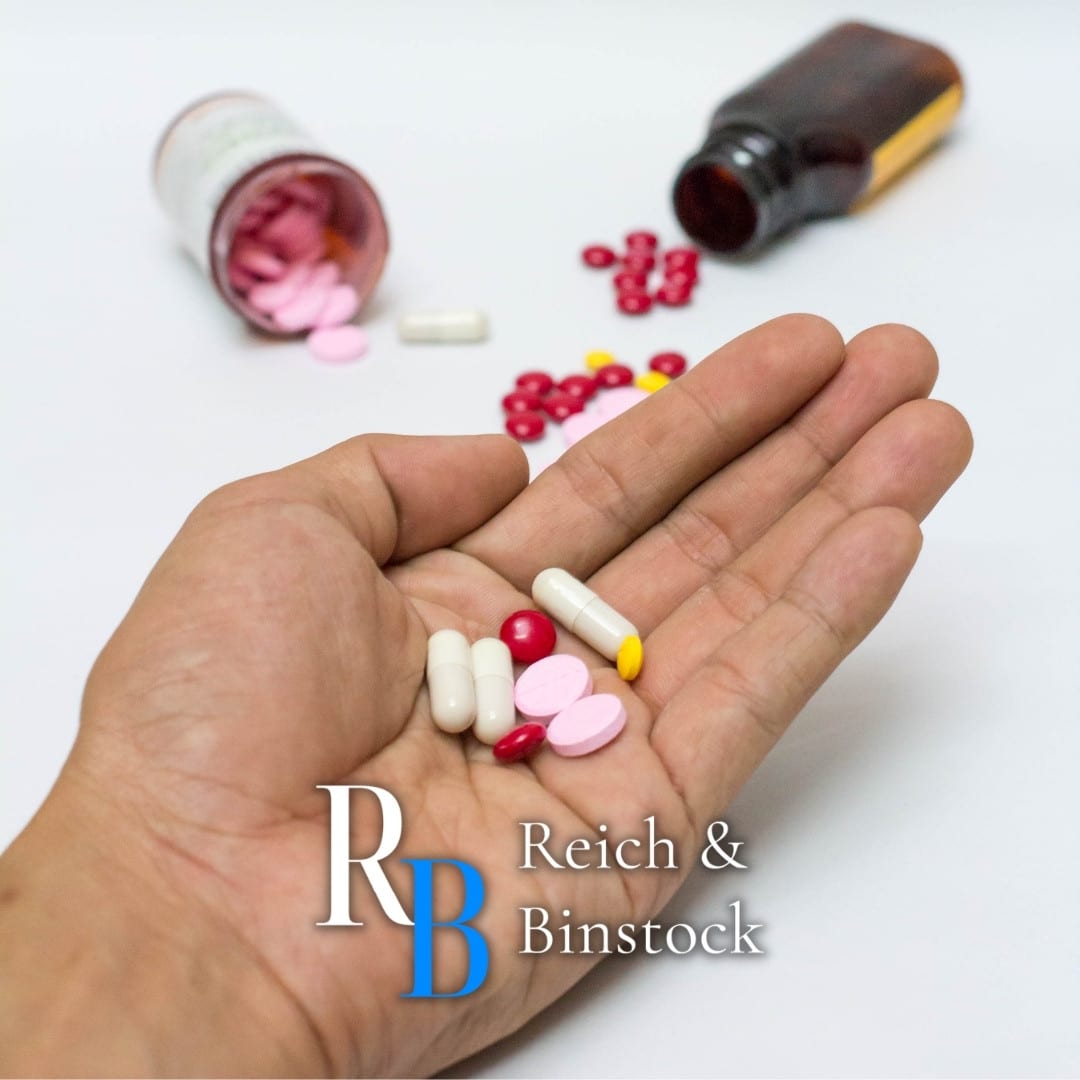One of the U.S. Food and Drug Administration’s (FDA) responsibilities is to inspect domestic or foreign facilities that manufacture drugs distributed to pharmacies and stores here in this country. This is supposed to keep defective or contaminated drugs from ending up in consumers’ hands. The significant amount of warnings, recalls and pharmaceutical injury lawsuits that have been filed in recent years shows that this must not be an effective approach though. So, how many FDA approved drugs have been recalled?
According to Kaiser Health News, there have been more than 8,000 medicines recalled here in the U.S. since 2013.
At least 4,500 of them have been issued for drugs produced at facilities that have previously been cited for safety flaws by the FDA. Nearly 3,000 of them have involved manufacturing plants that haven’t been inspected by the FDA since at least 2008. Just under 700 of them occurred at plants that had previously undergone successful inspections.
Over-the-counter and prescription drugs have both been pulled off store shelves for posing some type of danger to consumers. The reasons that these drugs have been recalled are varied. Some have contained contaminants such as bacteria, mold and either glass or silicone particles. Others have had either too little or much of the drug’s active ingredient in them.
Federal officials don’t typically track outbreaks of illnesses and how they may be tied to certain medications or drugs. The only instance in which they do is if there’s a significant outbreak of illness at a hospital. This means that a lot of cases of patients having adverse reactions to certain medications or drugs are never linked up. This results in many dangerous ones remaining on the market.
Tracking defective or dangerous drugs doesn’t have to be difficult. Federal regulators can track them every step along the supply chain. It just seems that by doing so, it would expose their inefficiencies. If they were forced to address them, then it could result in products never making it on store shelves or arriving there more slowly. It could also cause prices to increase.
Some individuals who take dangerous medications or defective drugs are left with temporary health setbacks. Many others are left with permanent injuries or are killed. A pharmaceutical injury attorney can advise you of your right to reimbursement for your medical expenses and your pain and suffering if you’ve been hurt as a result of taking one of these products.













